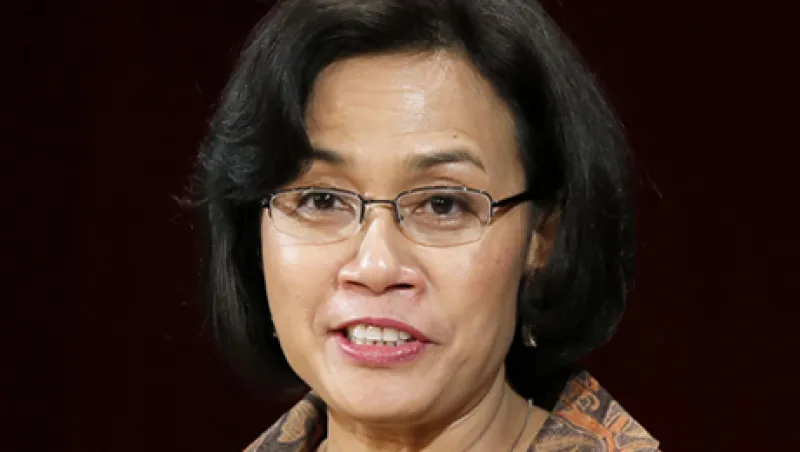
Sri Mulyani Indrawati, managing director of the World Bank Group, delivers a speech during the Future Of Asia conference in Tokyo, Japan, on Friday, May 24, 2013. Photographer: Kiyoshi Ota/Bloomberg *** Local Caption *** Sri Mulyani Indrawati
Kiyoshi Ota/Bloomberg

